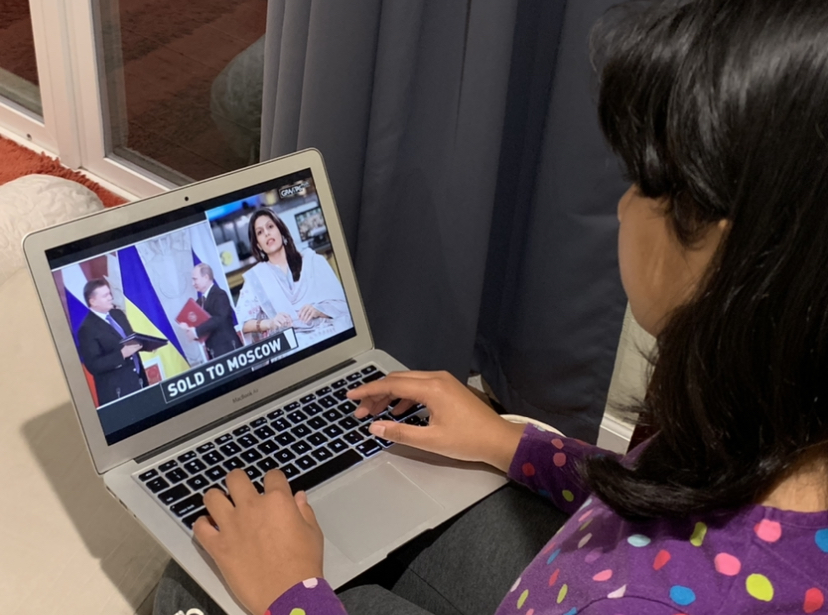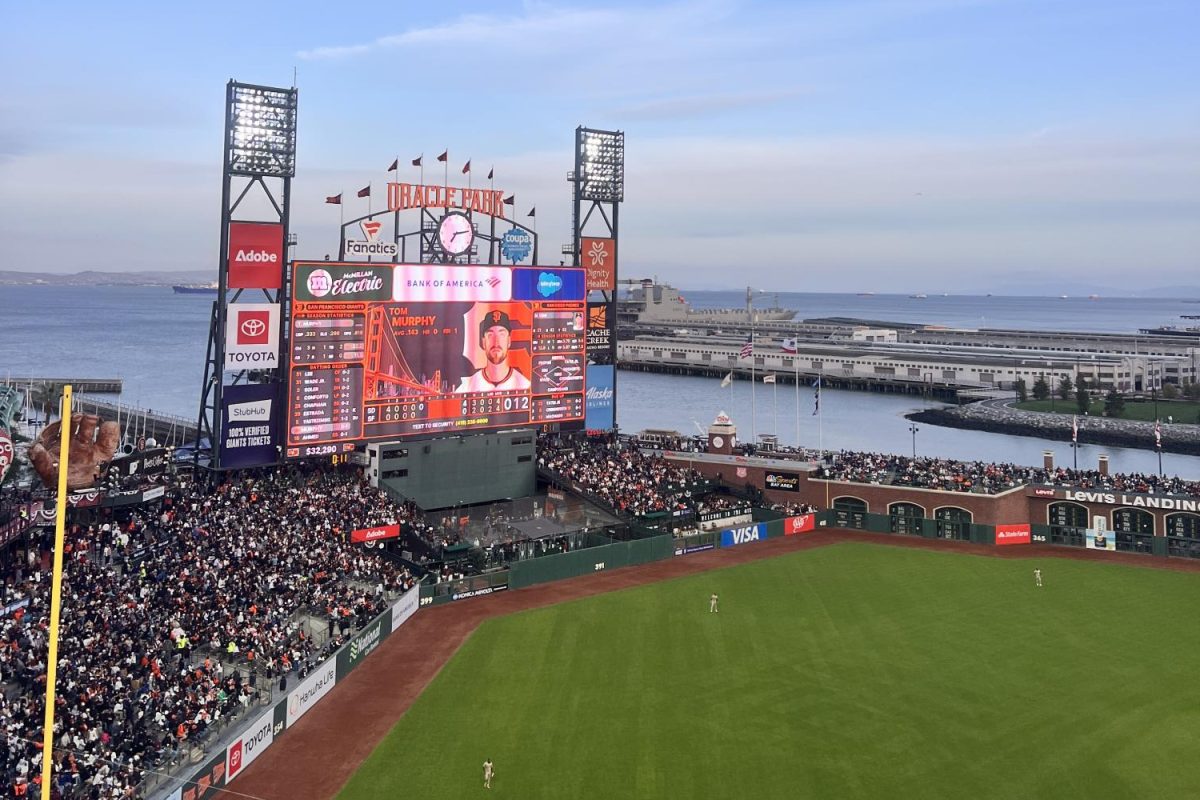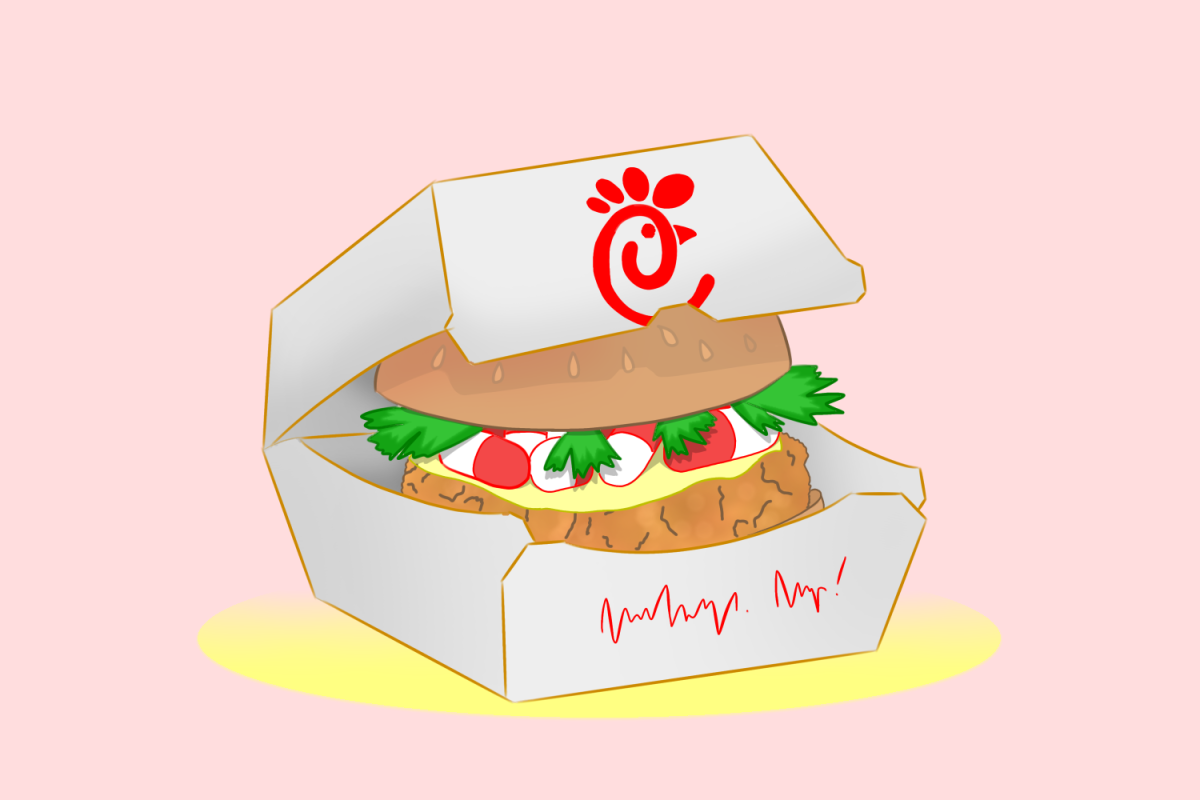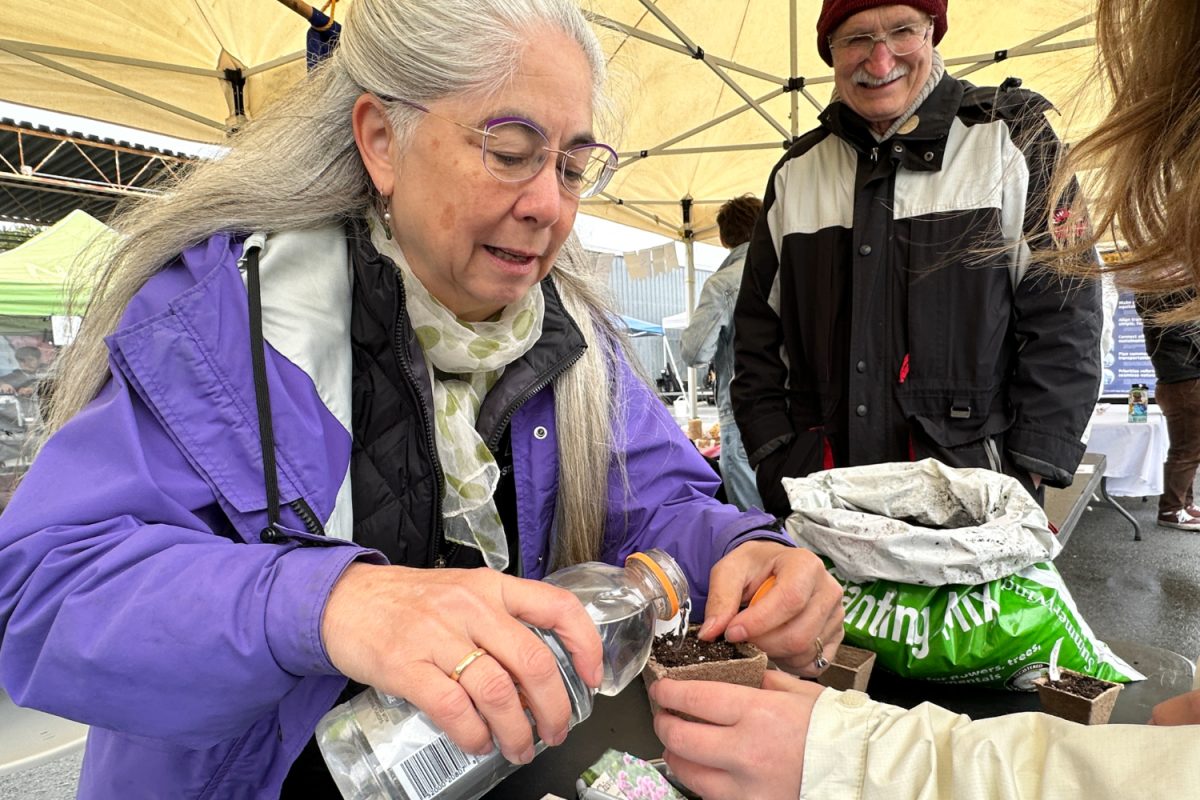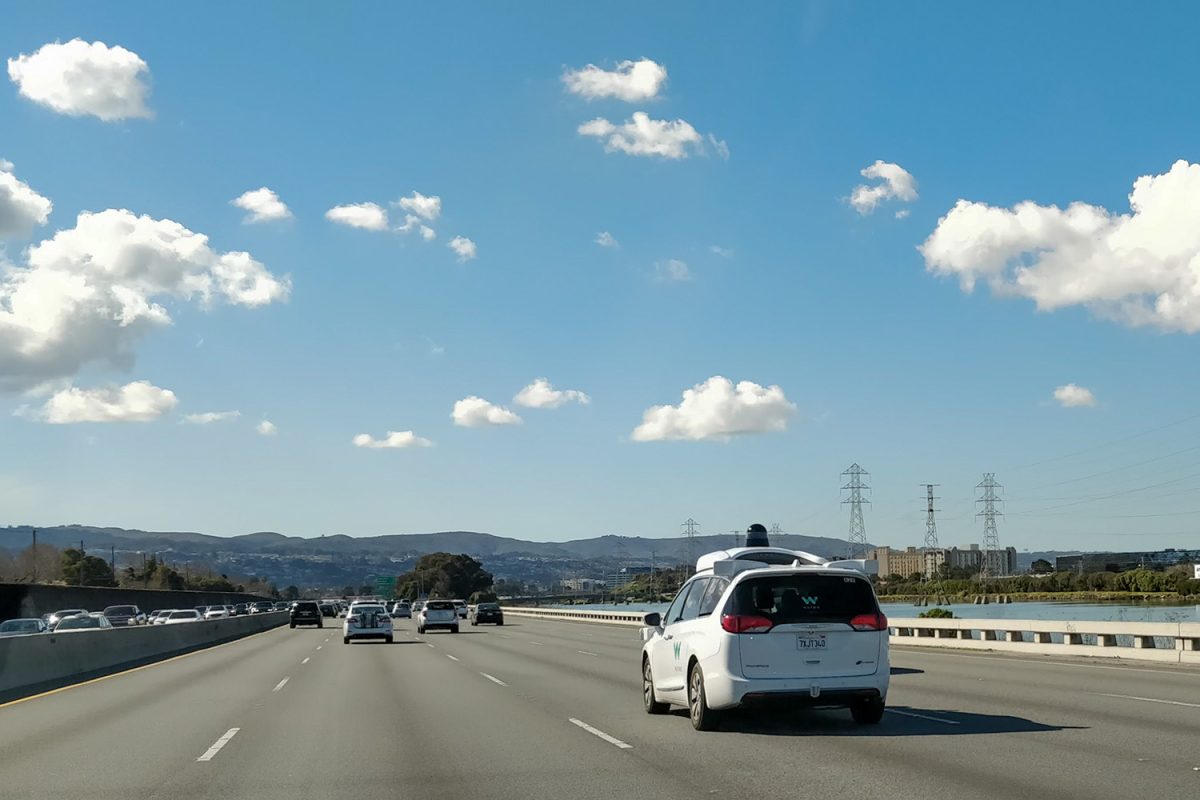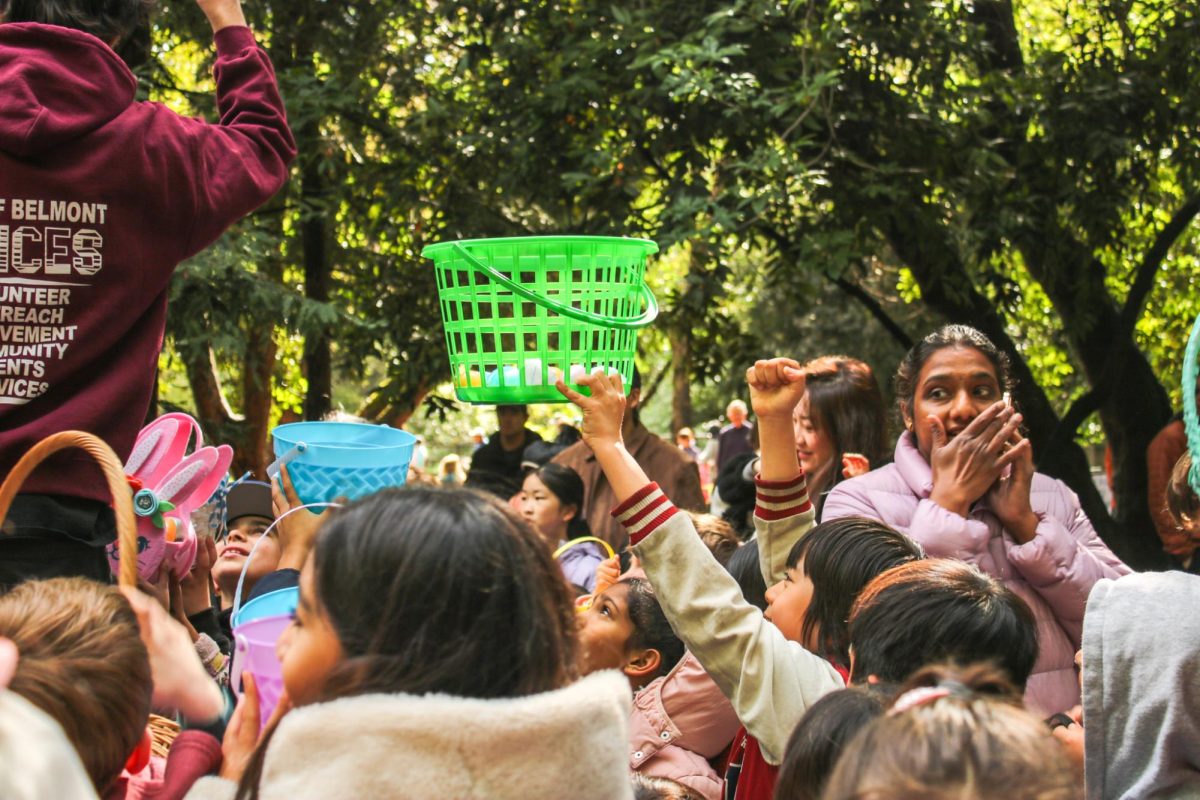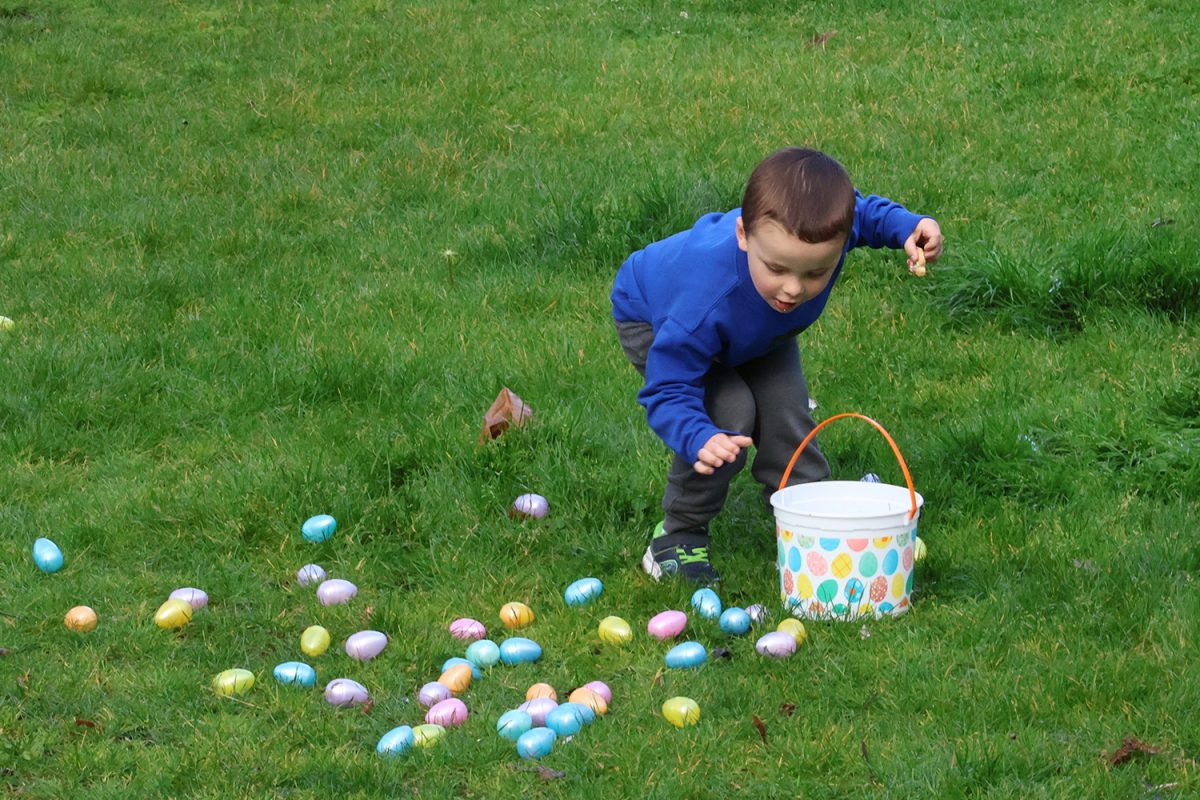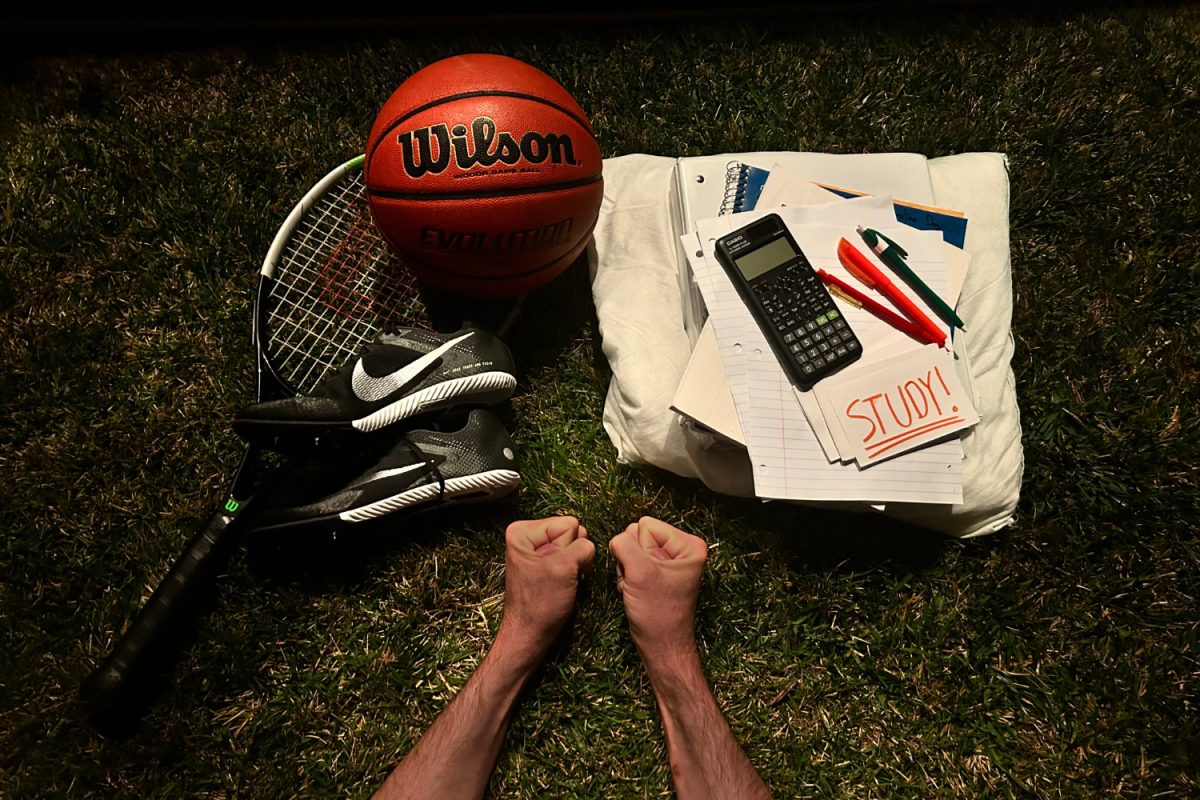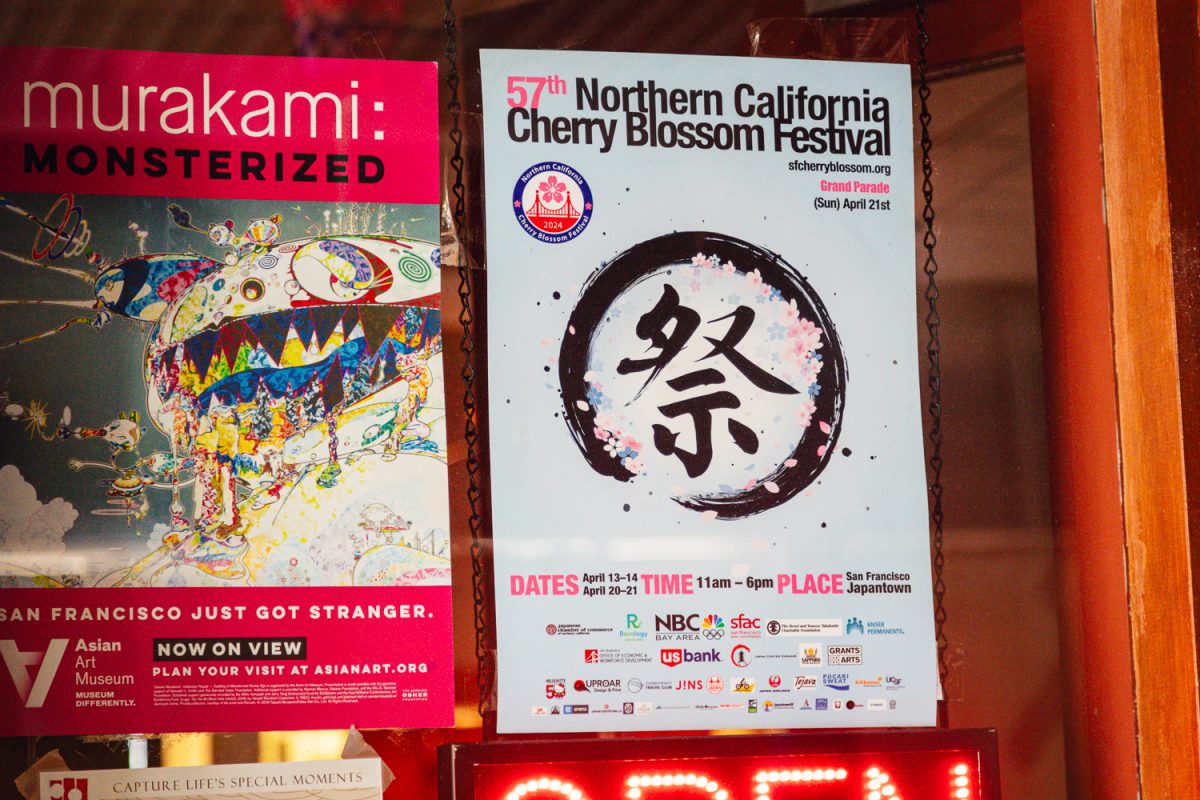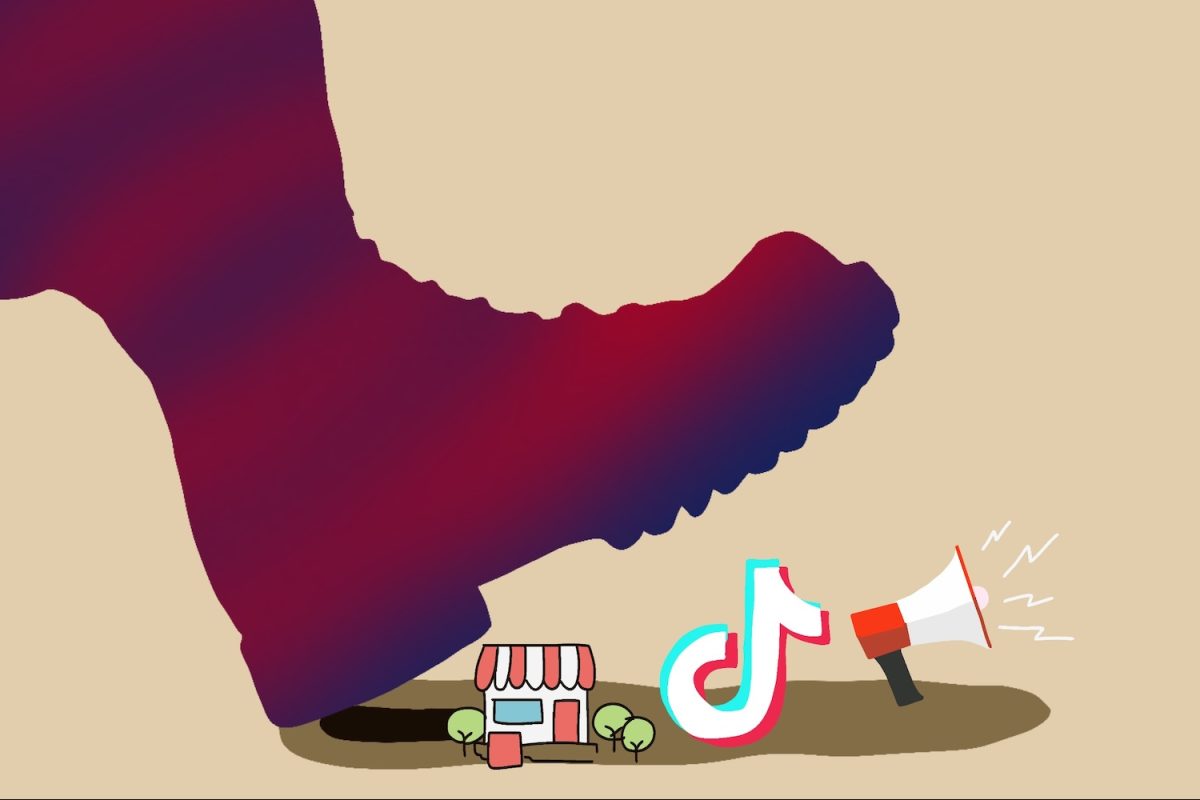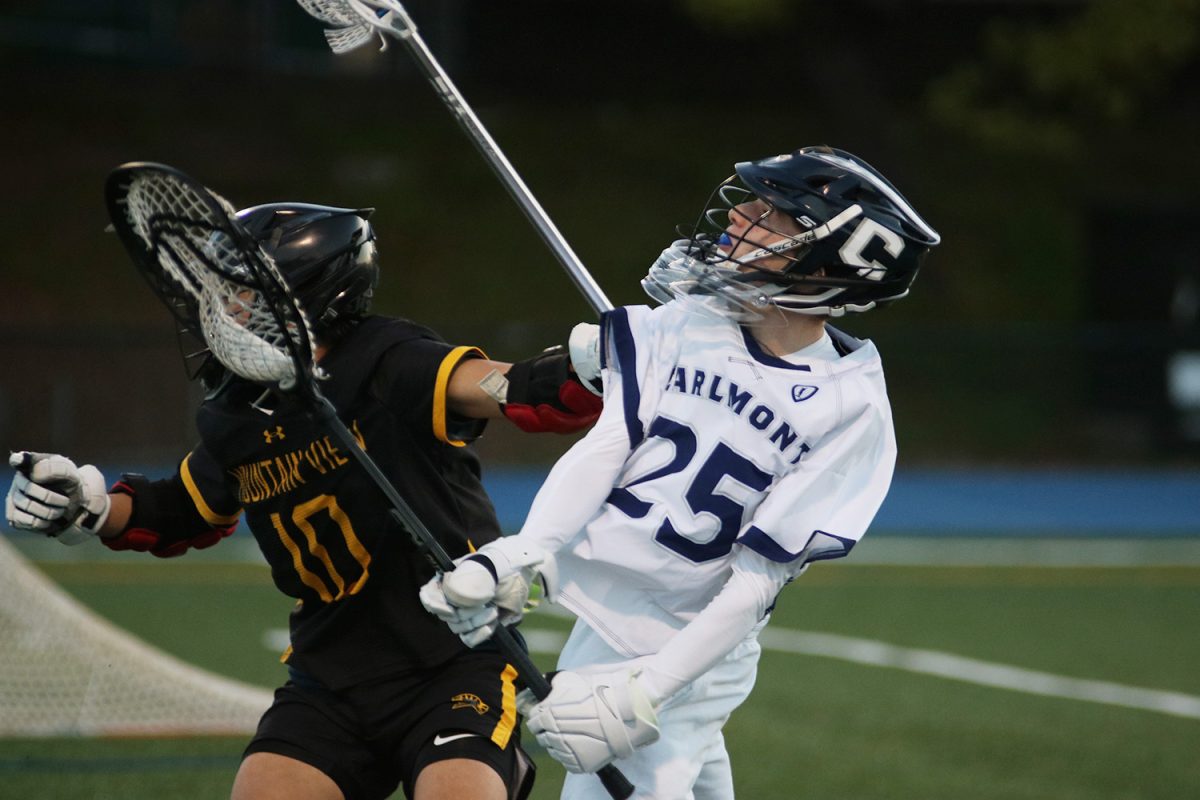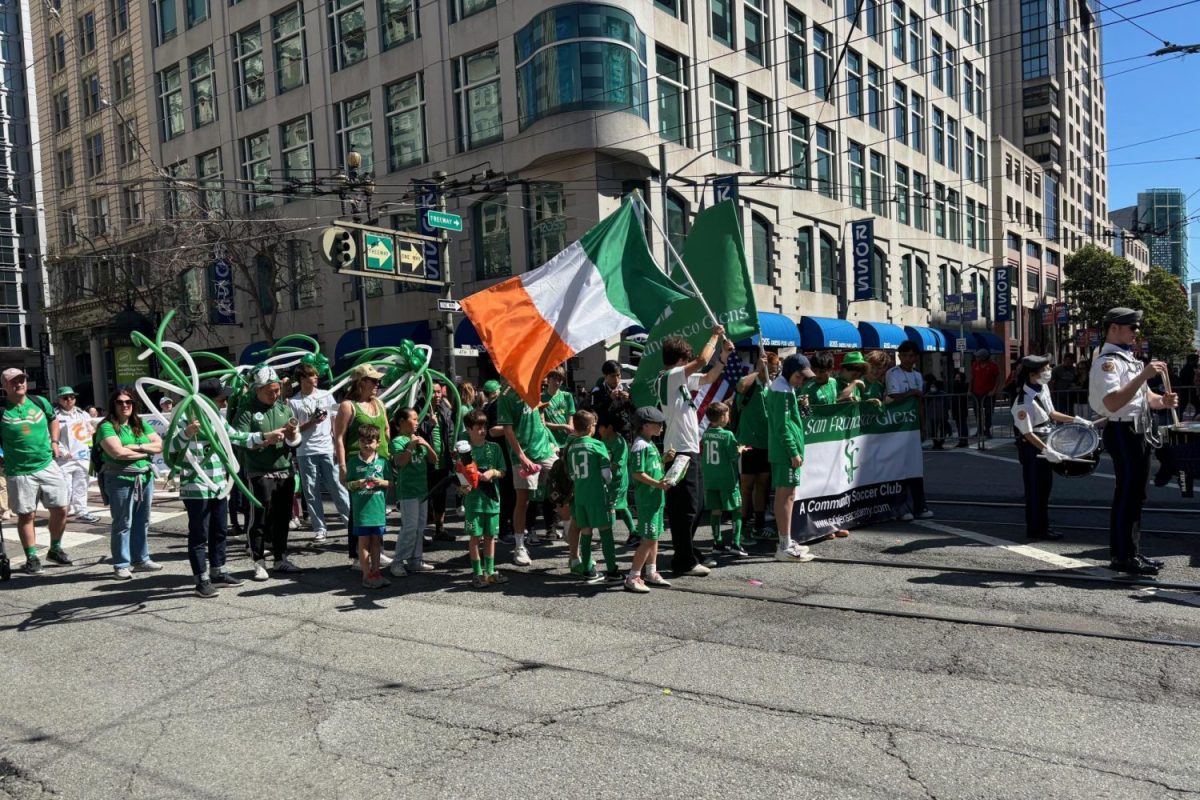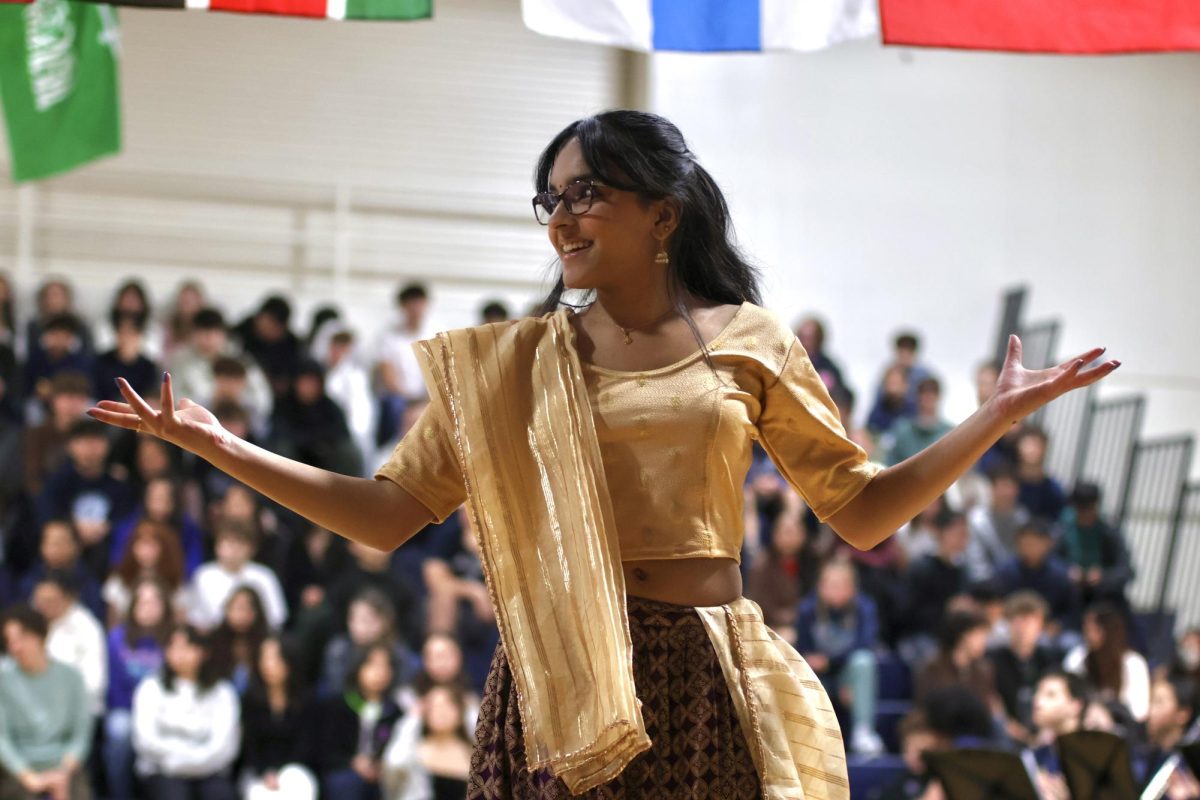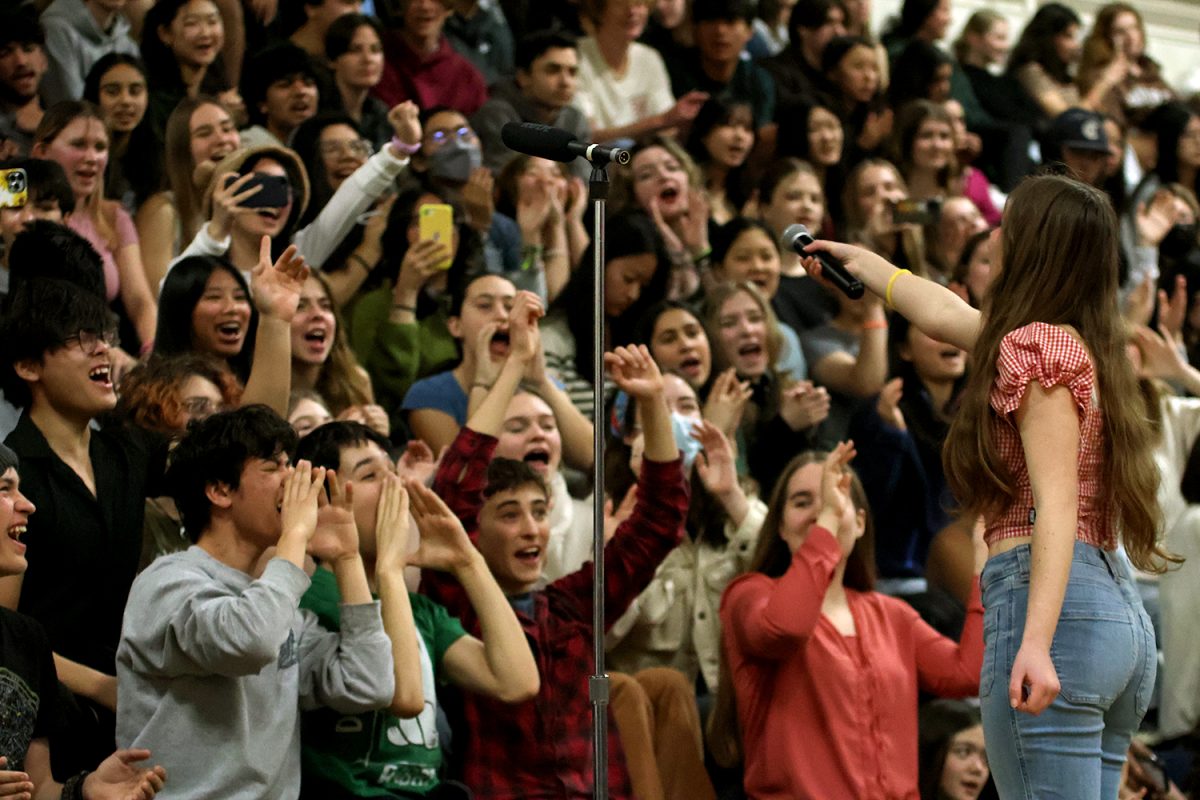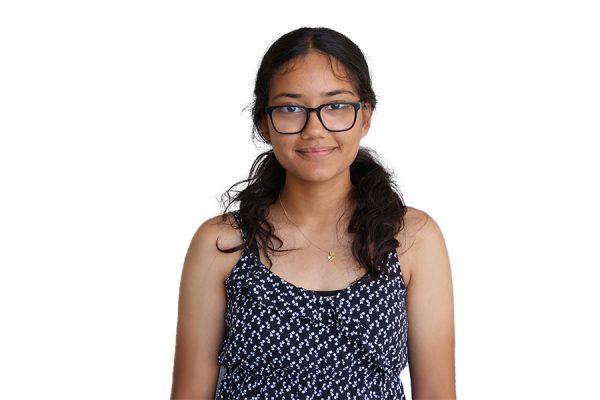“Just to put it bluntly, [the Ukrainian refugees] are not refugees from Syria; these are refugees from neighboring Ukraine. These are Christians, they’re white, they’re very similar [to Westerners],” said Kelly Cobiella, a news correspondent for NBC News.
During the Russia-Ukraine conflict, the bias in Western media has been brought to people’s attention. Reporters of distinguished news organizations have been making opinionated statements about the conflict and the Ukrainian refugees on live television. Some have also shown a disregard for Middle-Eastern refugees in favor of Ukrainian refugees, under the pretext that Ukrainians have a very similar culture to Westerners, while Middle-Easterners do not.
Cobiella is only one example of such.
“I’m not bothered by the media speaking up about Ukraine and Russia at all, but it bothers me so much that the world isn’t speaking up about the conflicts and wars happening [in the Middle East],” said Layla Elansary, a citizen of Egypt. “When people speak up [about conflicts in the Middle East], they just get treated horribly, rather than ‘Wow, they are raising awareness,’ so I feel like the double standards are really high.”
Elansary gave the example of an Arsenal player who was kicked off the team for showing support towards Palestine during the conflict in 2021 between Israelis and Palestinians in the Gaza Strip, whereas many sportspeople are showing support towards Ukraine currently and not facing the same results.
In response to the statements made by some of the Western media, those living in the Middle East have retaliated. The Arab and Middle Eastern Journalists Association released a statement saying that mentalities similar to Cobiella’s are the reason tragedy in places such as the Middle East, Africa, South Asia, and Latin America has become normalized. They added that civilian casualties in other countries are equally as important as those in Ukraine.
Middle-Eastern civilians also protested the Western media by wearing T-shirts with the word “civilized” printed on them, in retaliation to comments made by Charlie D’Agata, a foreign correspondent for CBS News, in which he referred to Ukraine as a “more civilized” country than Middle-Eastern countries.
Viktoriia Gusieva, a resident of Belmont with family in Ukraine, has witnessed the bias firsthand.
I went to a rally a few weeks ago in San Francisco; there were news reporters there, and they were chanting with everyone else: ‘[Screw] Putin,’ ‘Stop Russia from getting resources,’
— Viktoriia Gusieva
“I went to a rally a few weeks ago in San Francisco; there were news reporters there, and they were chanting with everyone else: ‘[Screw] Putin,’ ‘Stop Russia from getting resources,'” Gusieva said. “Bias is a really big thing with this whole [conflict].”
However, Gusieva is happy to see that the conflict is getting a lot of attention and is being reported on. She said there had been tensions between Russia and Ukraine for multiple years now, but the media has only started extensively covering the two countries’ relationship in the past few weeks.
“I’ve definitely been noticing more [coverage of the Russia-Ukraine conflict than of conflicts in the Middle East],” Gusieva said. “But, also, I think that this invasion should deserve more media coverage because Putin’s actions are unjustifiable. [The Russia-Ukraine conflict] is a bit more dangerous than some Middle-Eastern conflicts, but I think [Middle-Eastern conflicts] definitely deserve more attention too.”
A Google search shows that there have been about 94.3 million articles written about conflicts in the Middle East and about 322 million articles written about the Russia-Ukraine conflict so far.
Many say that the lack of minority journalists in the field is one of the leading causes of bias in media today. According to a CNN report, minority journalists could better Western media by catching misinformation, booking interviews with knowledgeable people who understand the nuances, offering key background information, and aiding in translations and pronunciations.
“I don’t mind the media coverage over the [Russia-Ukraine conflict] but what bugs me is the fact that in the Middle East, we have had many serious wars [with] people being killed and having to flee their homes, like [in] Syria and Palestine, but the media just doesn’t talk about it at all,” Elansary said.
According to the same CNN report, the saddest part of the Western media’s opinionated coverage is that the journalists’ biased comments were spontaneous and casual, revealing existing bias.
Some suggest that the bias in media was created, partly due to parents with radicalized views spreading their beliefs to their children and creating the need for very partisan media coverage.
Among those believers is Thomas Salgado de Almeida Leme, a Carlmont alumnus studying to become a history teacher.
“I think it’s very dangerous for people to be radicalized […] If people are all stuck in their ways, then conflict is the inevitable result, and I think biased media makes that more prevalent these days,” Leme said.

